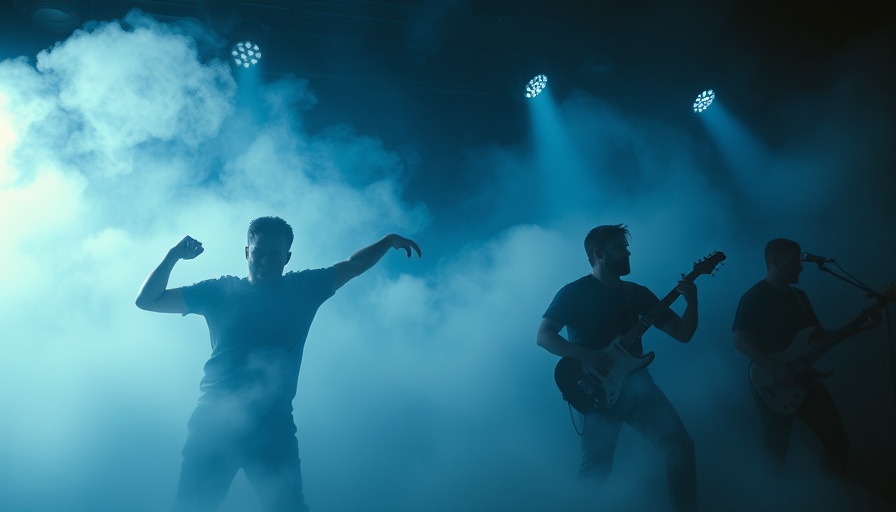
Revolutionizing Music Creation: The Power of AI Technology
Musicians have long shared a common dream: to play along with their favorite tracks without the constraints of traditional recording limitations. In the past, this required a collection of drumless tracks—searching for original recordings of songs without percussion was a daunting task. This struggle has now transformed, thanks to innovations in AI technology. Today, musicians have access to apps like Moises, which allow users to isolate and perform alongside their chosen instruments, enabling a new level of creative collaboration.
The Genesis of Moises: A Drummer’s Vision
Founded by Geraldo Ramos, a Brazilian web developer and passionate drummer, Moises encapsulates the fusion of technology and music. Combining years of tech knowledge with a love for rhythm, Ramos turned what started as a personal desire—to remove drum tracks from songs—into a global phenomenon. Using the groundbreaking AI model Spleeter, Ramos launched Moises, attracting over 50,000 users in just a week. Today, Moises boasts an impressive 50 million registered users, demonstrating an undeniable hunger for such innovations in the digital music space.
How AI is Reshaping the Musical Landscape
AI has propelled music accessibility to unprecedented heights. With tools that can identify and isolate specific instruments from complex mixes, users are no longer confined to generic backing tracks or seeking the rare drumless recording. The technology behind Moises, which analyzes audio data to separate sounds based on frequency and rhythm, represents a significant leap forward. Artists now have the capacity to recreate their favorite songs uniquely, making the art of music more democratic and accessible than ever before.
The Artist's Perspective: A Double-Edged Sword?
While the benefits of AI in music are evident, there are legitimate concerns about the potential overreach of technology in the arts. Critics argue that AI could dilute the human essence of music creation or infringe on copyright laws, leading to a challenging paradox. British musician Gary Numan has commented on this dilemma, voicing both excitement and apprehension about the future landscape of music populated by AI-generated artists. Yet, many, including Austin Milne from the London College of Contemporary Music, believe that AI should complement human creativity rather than replace it.
Looking Ahead: The Future of AI in Music
Looking towards the future, it’s clear that AI will continue to push the boundaries of music creation and education. With developments in generative AI, applications like Moises are poised to enhance the learning process for musicians, making it easier to master instruments and create original content. As technologies evolve, the relationship between AI and artistry may redefine how music is consumed, produced, and appreciated.
In conclusion, the intersection of technology and music has turned dreams into reality for countless musicians. Platforms such as Moises not only permit drummers to play along with their idols but also promote a collaborative spirit that transcends traditional practices. As we stand on the brink of a new era in music, the possibilities for creativity are limitless. Whether for aspiring musicians or seasoned professionals, the advent of AI technology opens a world of engaging and inspiring possibilities.
 Add Row
Add Row  Add
Add 




Write A Comment